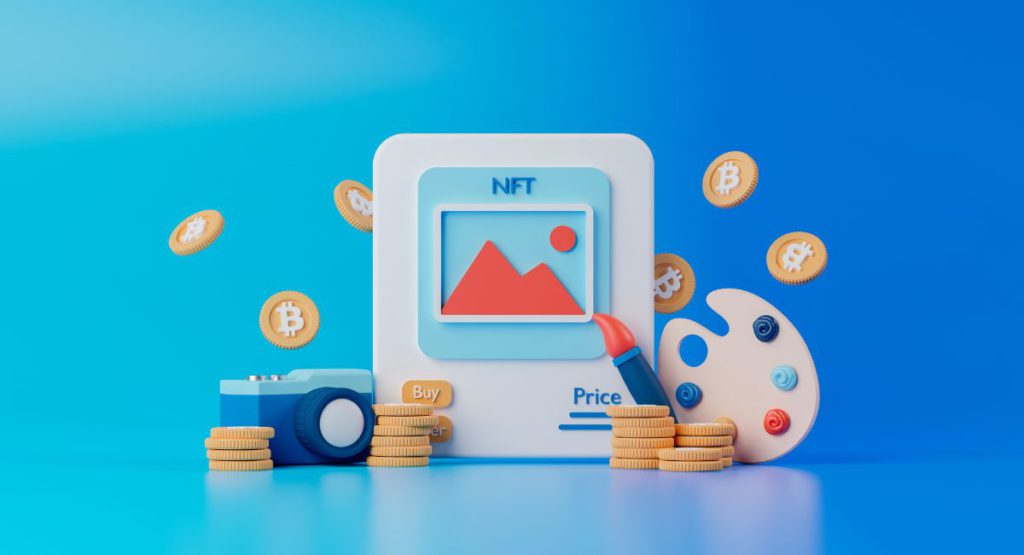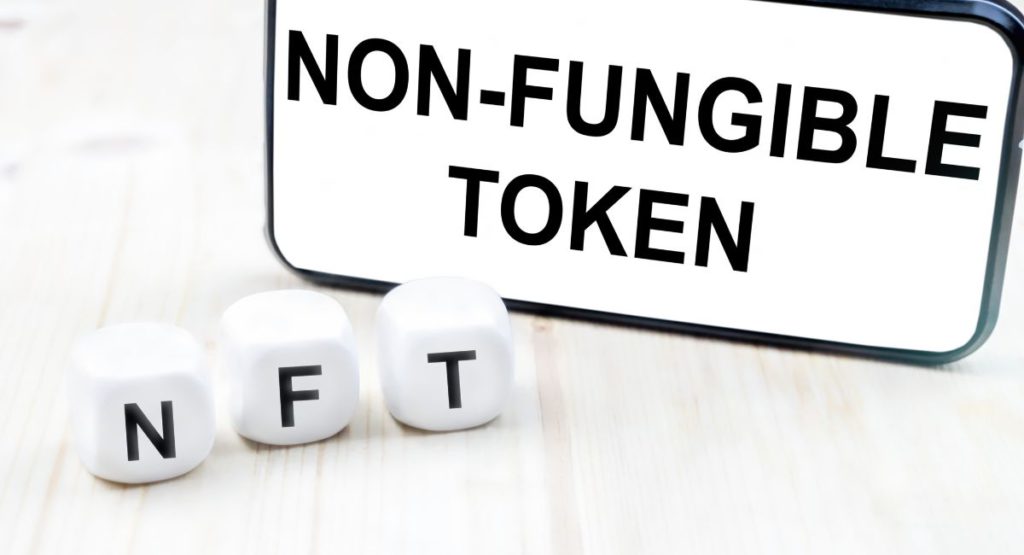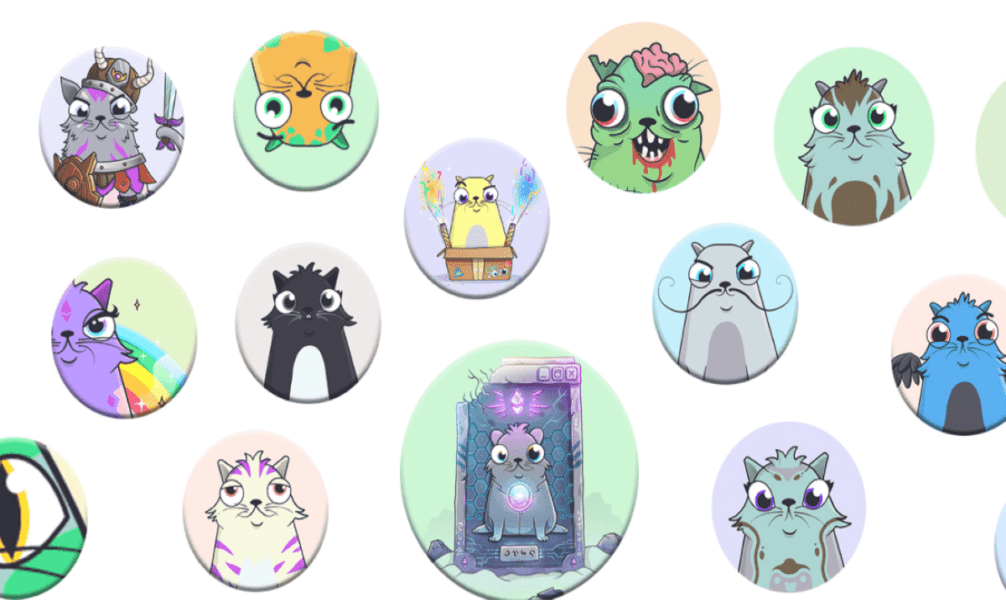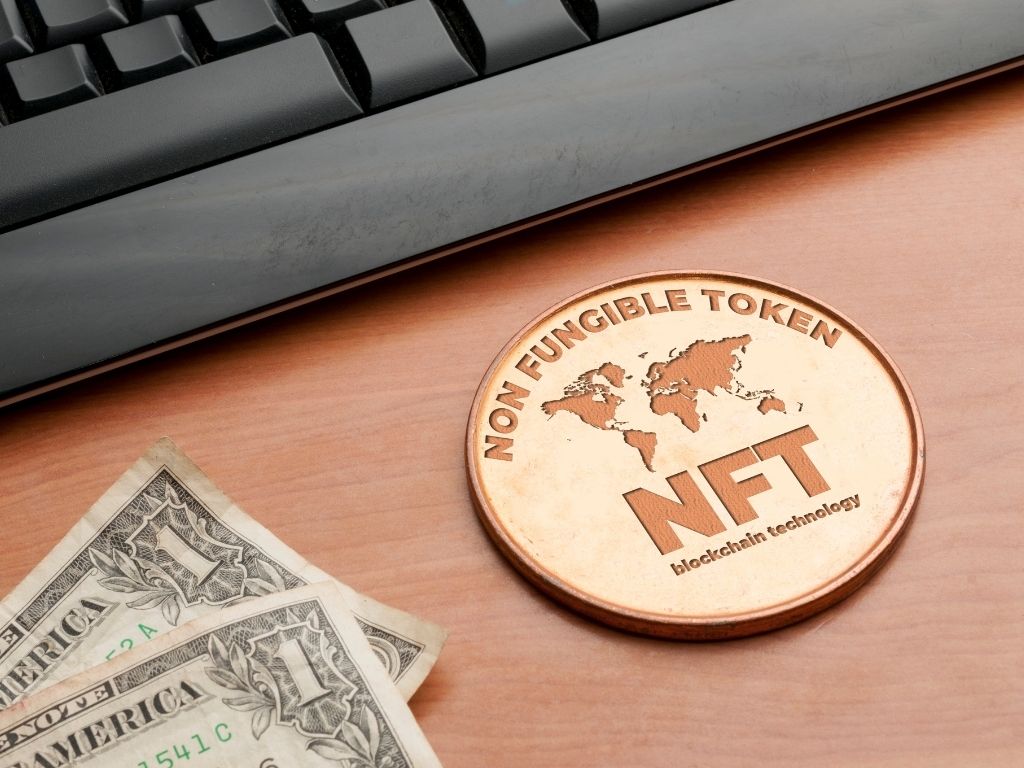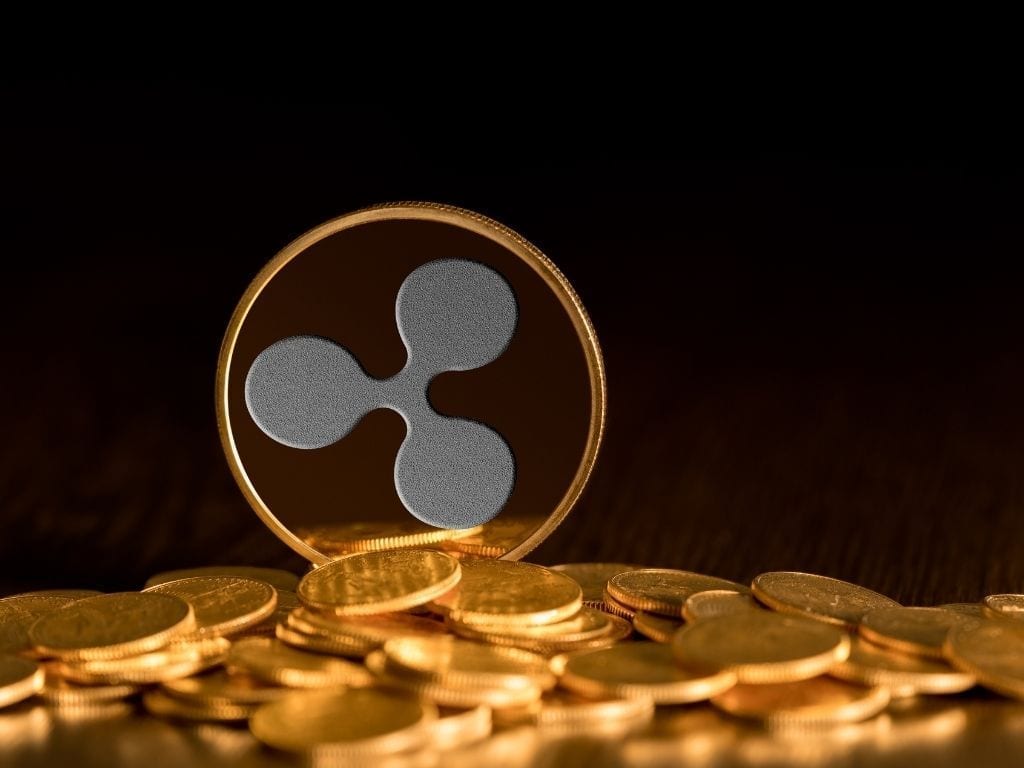Understanding The NFT Community And Their Top 8 Vital Roles In Launching A New Project
Non-Fungible Tokens (NFTs) have taken the digital world by storm, revolutionizing how we perceive ownership of digital assets. At the heart of the NFT ecosystem is a vibrant and engaged community that plays a vital role in shaping this burgeoning market. In this article, we’ll delve into what the NFT community is and explore the various roles and contributions of its members.
What is the NFT Community?

The NFT community refers to a diverse group of individuals, artists, collectors, developers, enthusiasts, and stakeholders who are passionate about the NFT space. This community spans various platforms, including social media, NFT marketplaces, forums, and virtual events, where members come together to share, discuss, and engage in all things related to NFTs.
Roles and Contributions within the NFT Community:
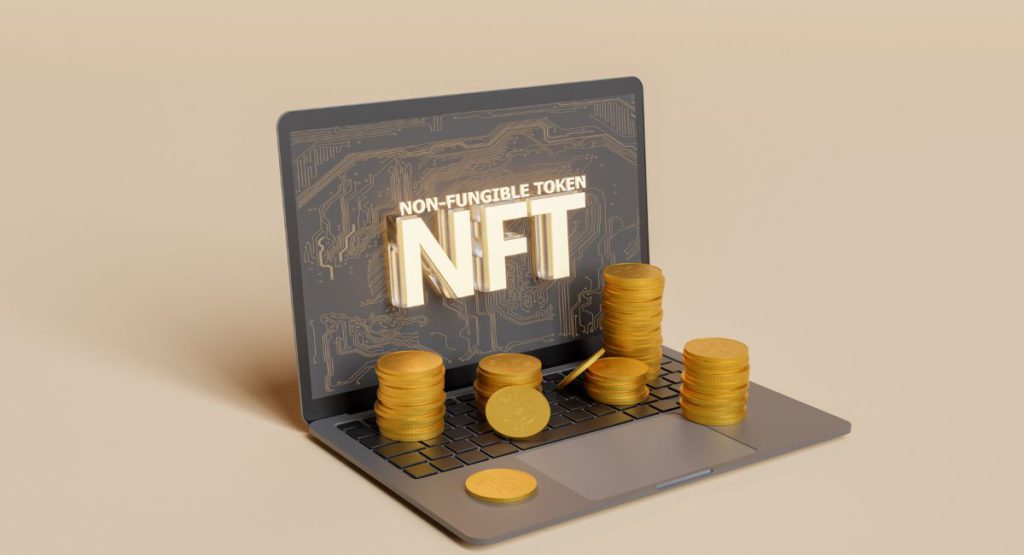
1. Artists and Creators:
Role: Artists and creators are at the heart of the NFT community. They produce digital art, music, virtual real estate, and other unique digital assets that are tokenized as NFTs.
Contributions: They contribute by adding value to the NFT ecosystem through their creative works. They also influence market trends and set benchmarks for NFT prices.
2. Collectors and Investors:
Role: Collectors and investors acquire NFTs for various reasons, including personal enjoyment, investment, and speculation.
Contributions: They provide liquidity to the NFT market by participating in auctions and purchases. Collectors’ interest and investments often determine the value and popularity of specific NFTs.
3. Developers and Technologists:
Role: Developers and technologists build the infrastructure and platforms that support NFT creation, trading, and management.
Contributions: They create NFT marketplaces, blockchain protocols, and tools that enable the seamless minting, trading, and interaction with NFTs.
4. NFT Marketplaces:
Role: NFT marketplaces serve as digital galleries where NFTs are bought and sold. Popular examples include OpenSea, Rarible, and SuperRare.
Contributions: Marketplaces provide a platform for artists to showcase their work and for collectors to discover and acquire NFTs. They also facilitate transactions and ensure the security of digital assets.
5. Communities and Forums:
Role: Online communities, forums, and social media platforms serve as hubs for NFT enthusiasts to connect and engage.
Contributions: These platforms foster discussion, collaboration, and the sharing of knowledge within the NFT space. They also help onboard newcomers and provide valuable information.
6. Legal and Regulatory Experts:
Role: Legal professionals and experts specialize in navigating the complex legal and regulatory landscape of NFTs.
Contributions: They offer guidance on issues such as intellectual property rights, taxes, and compliance, ensuring that participants in the NFT ecosystem understand and adhere to legal requirements.
7. Educators and Influencers:
Role: Educators and influencers provide insights, tutorials, and commentary on NFTs through blogs, videos, and social media.
Contributions: They educate the community about NFT technology, trends, and best practices, making the space more accessible to newcomers and helping them make informed decisions.
8. Blockchain and Ethereum Nodes:
Role: Nodes are the backbone of blockchain networks, ensuring their security and reliability.
Contributions: Node operators maintain the blockchain infrastructure that supports NFT transactions. They contribute to the decentralization and security of the network.
Also, read – Your Ultimate Guide To: NFTs In Web3 Ecosystem: Role And Future Prospect
The Role of NFT community in launching a new project
The NFT (Non-Fungible Token) community plays a crucial role when launching a new project in the NFT space. Their engagement, support, and participation can greatly influence the success and adoption of the project. Here are some key roles that the NFT community typically plays during the launch of a new NFT project:
- Early Adopters and Collectors:
- Role: NFT collectors within the community are often the first to show interest in and acquire tokens from a new project.
- Contribution: Their involvement provides initial liquidity and validation to the project, attracting more attention from potential collectors and investors.
- Promoters and Influencers:
- Role: Influential members of the NFT community, including artists, creators, and influencers, can promote the new project to their followers.
- Contribution: Their endorsements and promotion can generate buzz and interest, helping the project gain traction and visibility.
- Feedback and Testing:
- Role: Community members can provide valuable feedback during the project’s development phase.
- Contribution: This feedback helps the project team identify and address issues, improve user experience, and ensure that the NFTs meet the expectations of potential buyers.
- Word-of-Mouth Marketing:
- Role: Enthusiastic community members often share information about the project with their peers.
- Contribution: Word-of-mouth marketing can lead to organic growth as community members introduce the project to new audiences.
- Community Governance and Decision-Making:
- Role: Some NFT projects involve the community in governance decisions through mechanisms like token-based voting.
- Contribution: Community input can influence project direction, such as feature development, tokenomics, and community initiatives.
- Marketplace Activity:
- Role: NFT collectors and traders within the community actively engage with the project’s NFT marketplace.
- Contribution: Their buying, selling, and trading activities contribute to the project’s marketplace liquidity and establish market values for the NFTs.
- Content Creation:
- Role: Community members often create content related to the project, such as art, articles, videos, and social media posts.
- Contribution: User-generated content can attract more attention and provide diverse perspectives on the project, leading to increased visibility.
- Community Support and Moderation:
- Role: Community members may volunteer or be appointed as moderators to ensure a positive and welcoming environment.
- Contribution: Effective moderation fosters a healthy and engaged community, which is essential for long-term project success.
- Onboarding and Education:
- Role: Experienced community members can help newcomers understand the project, its utility, and how to interact with NFTs.
- Contribution: Education and onboarding efforts ensure that new participants can navigate the project ecosystem with ease.
- Advocacy and Loyalty:
- Role: Dedicated community members often become strong advocates and loyal supporters of the project.
- Contribution: Their advocacy helps build trust and credibility, which is vital for sustained interest and adoption.
In summary, the NFT community is an integral part of launching a new NFT project. Their roles encompass early adoption, promotion, feedback, governance, marketplace activity, content creation, and more. Building and nurturing a supportive and engaged community can significantly enhance the chances of success for a new NFT project in a competitive and evolving market.
https://twitter.com/i/status/1708908946310733860
Conclusion
The NFT community is a dynamic and diverse ecosystem comprising individuals and groups who play essential roles in the growth and evolution of NFTs. From artists creating digital masterpieces to collectors investing in unique tokens, each member contributes to the vibrancy and innovation within the NFT space. As NFTs continue to influence the digital landscape, this community will remain at the forefront, shaping the future of digital ownership and creativity.
Stay informed with daily updates from Blockchain Magazine on Google News. Click here to follow us and mark as favorite: [Blockchain Magazine on Google News].
Get Blockchain Insights In Inbox
Stay ahead of the curve with expert analysis and market updates.
latest from tech
Disclaimer: Any post shared by a third-party agency are sponsored and Blockchain Magazine has no views on any such posts. The views and opinions expressed in this post are those of the clients and do not necessarily reflect the official policy or position of Blockchain Magazine. The information provided in this post is for informational purposes only and should not be considered as financial, investment, or professional advice. Blockchain Magazine does not endorse or promote any specific products, services, or companies mentioned in this posts. Readers are encouraged to conduct their own research and consult with a qualified professional before making any financial decisions. The featured image used is just a creative depiction of the title and it does not intend to hurt sentiments of any person or institution. If it hurts anyone sentiments, please do not hesitate to reach out to Blockchain Magazine.

 Bitcoin
Bitcoin  Ethereum
Ethereum  XRP
XRP  Tether
Tether  Solana
Solana  USDC
USDC  Dogecoin
Dogecoin  Cardano
Cardano  Lido Staked Ether
Lido Staked Ether  TRON
TRON  Chainlink
Chainlink  Wrapped Bitcoin
Wrapped Bitcoin  Sui
Sui  Wrapped stETH
Wrapped stETH  Avalanche
Avalanche  Stellar
Stellar  Hedera
Hedera  Toncoin
Toncoin  Shiba Inu
Shiba Inu  LEO Token
LEO Token  Hyperliquid
Hyperliquid  Bitget Token
Bitget Token  Litecoin
Litecoin  WETH
WETH  USDS
USDS  Polkadot
Polkadot  Bitcoin Cash
Bitcoin Cash  Ethena USDe
Ethena USDe  MANTRA
MANTRA  Wrapped eETH
Wrapped eETH  Uniswap
Uniswap  Ondo
Ondo  Pepe
Pepe  Monero
Monero  Aave
Aave  NEAR Protocol
NEAR Protocol  WhiteBIT Coin
WhiteBIT Coin  Mantle
Mantle  Official Trump
Official Trump  Aptos
Aptos  Dai
Dai  Internet Computer
Internet Computer  Ethereum Classic
Ethereum Classic  Bittensor
Bittensor  Cronos
Cronos  OKB
OKB  POL (ex-MATIC)
POL (ex-MATIC)  Gate
Gate 
